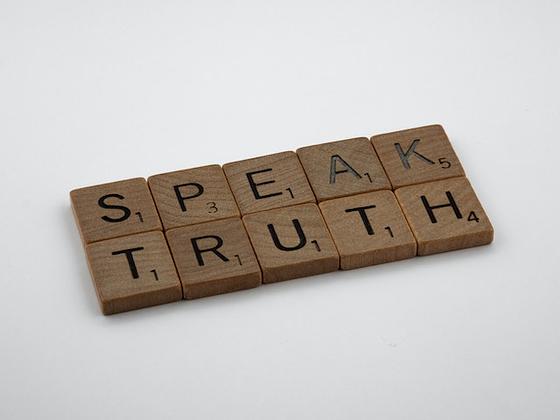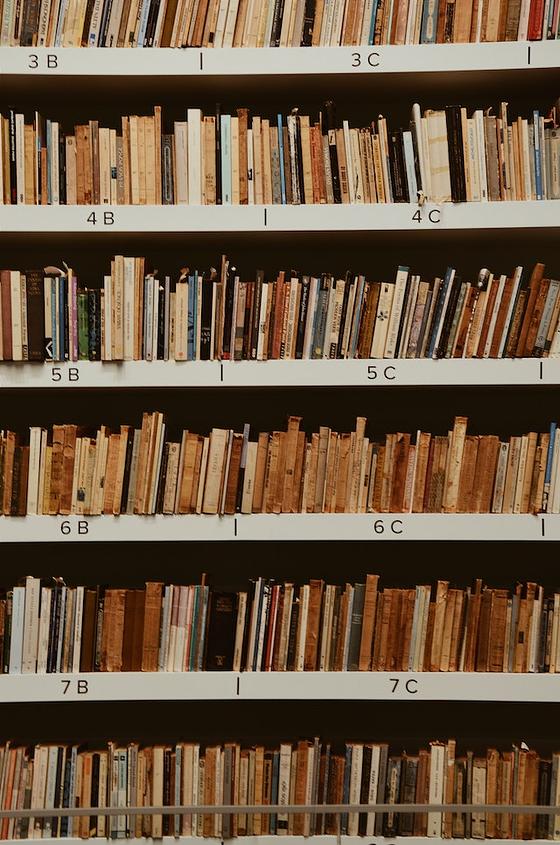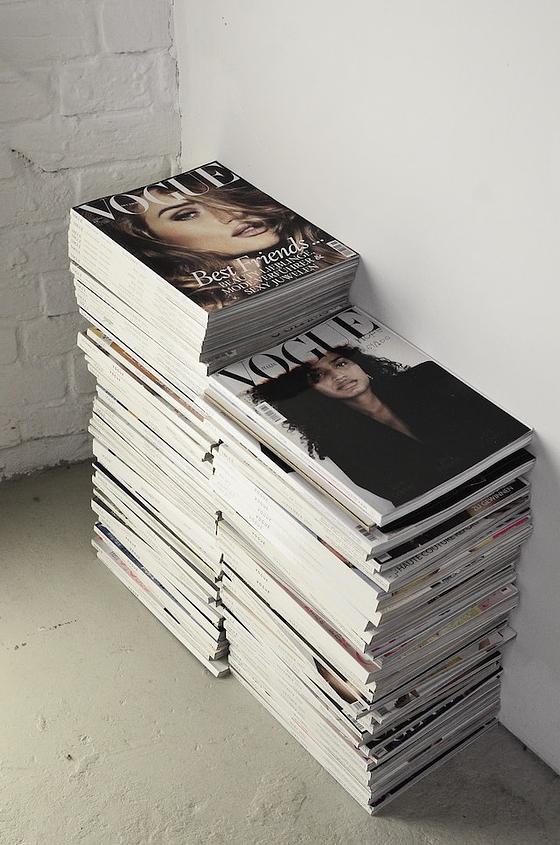Journalism, while a noble pursuit, is far from an easy one. When you're just starting out and trying to get your feet wet, it is almost impossible to know how to begin or what that even looks like.
Unlike a lot of other professions, journalism sometimes feels like you have to be one in a million to to succeed, especially as a teenager. If you try to ask for advice on making it in this often unpredictable world, you get a million different answers. For me, I eventually had to stop and see what I could do with what I had. These are things I learned.
Let us slide into your dms 🥰
Get notified of top trending articles like this one every week! (we won't spam you)1. Be Curious About The World
Foster a curiosity in how the world works. You don't have to overload yourself researching every aspect of it either. Instead, decide what about the world fascinates you, whether it be art, or history, or politics.
Learn as much as you can. Don't worry if your interests aren't mainstream, there are still plenty of journalism opportunities out there for you, such as trade and specialty publications.

Porapak Apichodilok Via Pexels

Take the Quiz: Which Harry Potter Character Are You?
Find out which character matches your personality!
2. Love Interacting With People
Journalism is based on people and relationships, having good personal skills is essential. The ability to communicate well in speaking as well as writing, not only shows that you are a professional, but makes your presentation come across more clearly.
Practice doing interviews in the mirror to see the facial expressions you make when you talk. You could also record yourself and play it back to see what you need to work on. Focus on making sure you come across as warm and friendly.
3. Become A Note-Taker
If you're anything like me, taking notes is not your favorite thing in the world. For a journalist however, it is almost a necessity. Notes help form stories more accurately and are a lifesaver when it comes to quoting people you've interviewed.
There are two main methods of note taking that journalists use; recording and traditional pen and paper note taking. Both are incredibly useful when conducting interviews. If you plan to record the interview, make sure to get the interviewee's permission before you start.
4. Write, Write, Write
It might sound like a no-brainer, but write. Write about your passions, interesting happenings in you neighborhood, whatever catches your eye. Think about what inspires you, what makes you laugh or cry?
Go out for your school paper or magazine. Submit articles, or pitches for articles, to your local newspaper or community magazine. Apply for The Teen Magazine, if you're not already a writer here. Get your work out there.
5. Seek The Truth
A journalist must seek the truth, no matter how inconvenient or uncomfortable it may be. Look at all sides of the story, not just the ones you agree with. Sometimes the truth isn't very pretty or popular, but it is our duty as members of the media to report it.
Remember to always check your sources and keep records of all the sources used in case you need to prove credibility.

6. Know Your Topic
It's been said that you should only write what you know, but I wouldn't recommend taking that advice. Instead, if there is a topic you would like to write about, read up on the subject. Learn what others might have written about it and see if you can find a new angle or bring life back to an old one.

7. Be Able To Research
When you're writing an article, you might not always be able to find what you need with a Google search. That means taking advantage of the library. Familiarize yourself with Dewey Decimal System, and take advantage of other library resources, including the archives.
Start a future file with any information you gather that might come in handy later on down the road. This actually makes research easier and gives you more time to write.
8. Don't Be Afraid To Get Dirty
A lot of the best articles come from first-hand experience. That means getting in the middle of the action in order to write an accurate story. This might mean that you train as a chef for few weeks to understand how students are taught at culinary schools or spend a week backpacking through a national park to learn about land preservation.
9. Love A Mystery
Even if you're not writing an investigative piece, mystery is a part of a journalist's job. From wondering what a designer is going to say about her new line, to figuring out what it takes to get into a top college.
When you first start to formulate an article, usually you start with the questions of who, when, where, what, and how? Your article should be built on at least one of the these questions.
10. Read The Work Of Those You Admire
Who are the writers that inspired you want to become a journalist? Read what they've written, paying special attention to their style, voice and word choice. What do like about the way they write? What would change if you were writing the piece instead?
Check out their social media pages and websites to learn about how they got started. You could even write to them and ask for their advice.

11. Remember That You're Not Perfect
Although, perfection is something many of us aspire to, it is an unattainable goal. Don't beat yourself up over mistakes you've made or if the article you worked so hard on doesn't get published. Instead, take it as a learning experience.
Most writers have made thousands of mistakes and have stacks of unpublished work. It doesn't make them a failure though, it makes them human.
Don't put pressure on yourself to become great when you are still learning. Realize that every single journalist starts at the bottom and works their way up.
12. Have A Little Fun With It
Even if love what you write and how you write it, switch it up every once in a while. That might mean doing a political piece when you typically write about fashion. Instead of writing in your usual spot, go try that new coffee shop on the corner or go sit in the park and get a dose of vitamin D while getting your work done.

Success in your journalism career, and life should be defined by the goals you set for yourself, not whether or not your career meets the expectations of others. If becoming a journalist is something you want, then don't be afraid to pursue it.
Link To The Society of Professional Journalists Code of Ethics

















